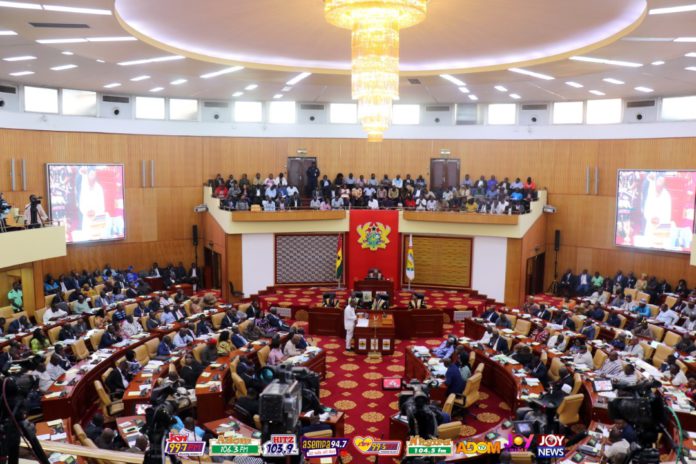Parliament has passed into law the Narcotics Control Commission Bill 2019, legalising the growing of some cannabis for health purposes.
The Narcotics Control Commission Bill, 2019 which transforms the Narcotics Control Board (NACOB) into a commission with enhanced powers was passed late Friday night.
It empowers the Minister for Interior in consultation with other institutions like Ministry of Health to grant licenses for the production of cannabis of not more than 0.3 per cent Tetrahydrocannabinol (THC) for industrial and medicinal purposes.
THC is one of the about 113 chemicals found in cannabis.
It, however, does not give a blanket license for the growing of cannabis in the country.
“It is illegal to grow or posses cannabis without a license. And also growing cannabis of more than 0.3 per cent THC (the one people smoke) remains illegal,” Kunbungu Member of Parliament, Ras Mubarak, clarified after parliament approved the bill.
He urged members of the public to respect the law and desist from abusing it.
“Parliament hasn’t legalised cannabis for smoking. Possession of cannabis without lawful authority remains illegal.
“What we have approved is a different strain of cannabis, and vastly different from recreational cannabis which has more than 0.3 THC. This is not a license to smoke,” Mr Mubarak cautioned.
“There are real concerns about abuse. What we have approved is not the type people smoke. So those who are worried can be rest assured.
“And the law provides for stiffer punishment for people who cultivate or possess without lawful authority,” he added.
“What we have approved is not recreational marijuana. It’s important for people to understand the difference.
“As a country, we have to follow the science and numbers for the good of our country,” Mr Mubarak said.
The bill also gives the narcotics Control Commission the mandate to control and eliminate trafficking of prohibited narcotic drugs to ensure public safety and oversee the rehabilitation of people who become addicted to drugs.
The bill also ensures drug abuse will be treated as a public health issue and not only a law enforcement one.
The bill will now go to the president for assent before it becomes law.

